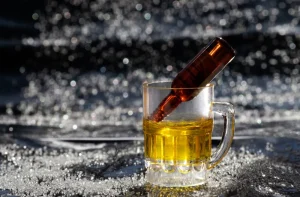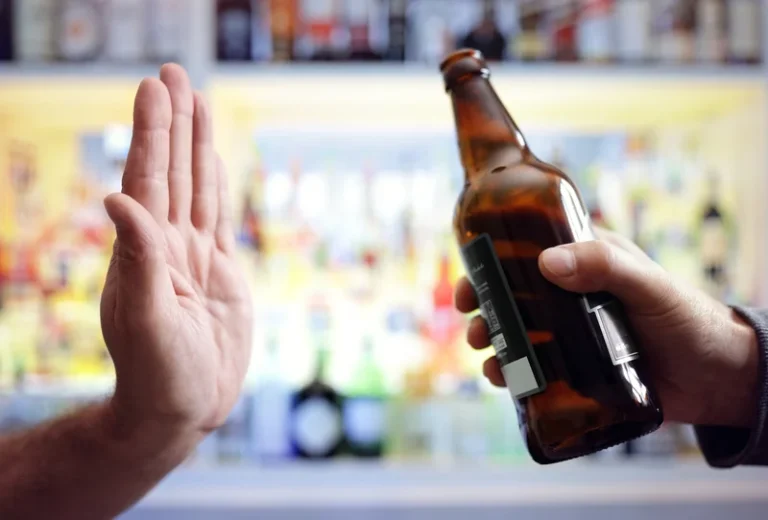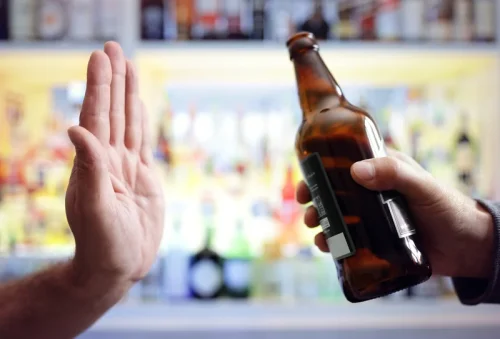
Alcohol shakes, also called tremors, are involuntary shaking movements that commonly occur in people undergoing withdrawal from alcohol. These shakes can range from mild to severe and are often most noticeable in the hands. They are a physical manifestation of the body’s dependence on alcohol. When someone who has been drinking heavily stops consuming alcohol, their body, which has adjusted to the presence of alcohol, suddenly finds itself out of balance, leading to these tremors. Unfortunately, insomnia is a common problem for those in recovery from excessive alcohol use.
- This can contribute to overall weakness and make those hangover shakes more pronounced.
- Once the body is free of alcohol, an individual can begin addiction treatment.
- Remember that eating before or while drinking can minimize the rate of alcohol absorption, thus reducing hangover symptoms like shaking.
- Visit an alcohol rehab center in Hanover, PA, for supervised medication therapy that will put you on the path to recovery.
Seeking Professional Help for Alcohol Withdrawal in Missouri

How long alcohol shakes last during withdrawal is influenced by factors such as the amount and duration of alcohol use, as well as individual metabolism. Typically, these tremors begin within 5 to 12 hours after the last drink and may gradually increase in intensity. Several prescription medications are available that provide relief from withdrawal symptoms such as cravings for alcohol and alcohol shakes. Clonidine is the most commonly prescribed alpha-2 adrenergic agonist for patients undergoing alcohol detox. Clonidine suppresses central nervous system overactivity to minimize https://ecosoberhouse.com/ the severity of withdrawal symptoms and help patients complete the detoxification process. Benzodiazepines like Lorazepam or Valium are sometimes administered intravenously to alcohol detox patients to reduce tremors.
“Our greatest glory is not in never failing, but in rising up every time we fail.”

While shakes can begin 5 to 12 hours after the last drink and are fairly common, DTs typically begin 48 to 72 hours after the last drink and are relatively rare. These shakes are a common symptom of alcohol withdrawal syndrome, which occurs as the body adjusts to functioning without alcohol. Once you’ve decided to stop drinking alcohol, it’s important to meet with your doctor. He or she can guide you toward the safest, most comfortable, and most effective plan for your sobriety. Alcohol abuse affects your physical and mental health, so it’s important to be guided by someone who knows your medical history.

Understanding Alcohol Withdrawal Symptoms
Not all tremors are benign; some might indicate a deeper, more severe issue. If you experience high fever, hallucinations, severe confusion, or seizures alongside your tremors, these might be signs of severe alcohol withdrawal or the onset of delirium tremens. In some situations, individuals going through withdrawal may need medications to prevent seizures or treat other complications. If the tremors don’t subside after a few days, or if other severe withdrawal symptoms accompany them, it’s vital to seek immediate medical care. When people ask how to stop alcohol shakes, medication is often the answer given. hangover shakes Certain medications such as Baclofen, a muscle relaxer, can ease your central nervous system to reduce tremors.
- Deficiencies in B-complex, C, calcium, potassium, magnesium and other nutrients are common with alcohol use disorder.
- Alcohol withdrawal shakes can be scary, but reducing your stress and anxiety can help quite a bit.
- While hangover shakes are typically mild and temporary, they can be a warning sign for more severe withdrawal symptoms in people with alcohol dependence.
- They happen because alcohol throws your brain and body out of whack — messing with things like your brain chemicals, fluid balance, and sleep.
- Practices like yoga, meditation, mindfulness, acupuncture, and visualization not only help manage stress, they foster a sense of well-being and positive thinking.
Alcohol withdrawal shakes can be scary, but reducing your stress and anxiety can help quite a bit. While they normally go away on their own, if your shakes are severe or don’t stop, talk to your doctor right away. Just be cautious when starting a new medication since it’s very easy to get addicted to withdrawal medications, especially when you’re quitting alcohol. To reduce your stress during withdrawal, try doing some light exercise, like going for a walk or riding your bike. You might also try journaling or spending some time with a supportive friend.

Recovery Services
This is a serious medical condition that can be life-threatening if not treated promptly. Outpatient treatment at Sabino Recovery enable individuals to receive the necessary alcohol rehab care and support to overcome alcohol withdrawal symptoms. We understand the challenges you or a loved one might face and are committed to guiding you through the recovery process with compassion, expertise, and professionalism. Alcohol shakes, also commonly referred to as alcohol tremors, are involuntary quivering or trembling movements that often occur when a person is experiencing withdrawal from alcohol. These debilitating symptoms can affect various parts of the body, most commonly the hands, but can also manifest in the arms, legs, and even the face. Alcohol shakes may arise during periods of reduced alcohol consumption or after abrupt cessation of drinking.
Our Simple Admissions Process
These are not just any tremors; they are fits of involuntary shaking linked directly to alcohol. Most commonly occurring during the withdrawal phase, they can also manifest after particularly heavy drinking sessions. Getting help for alcoholism at The Recovery Village Columbus can greatly improve the chances of overcoming alcohol addiction. Contact a Recovery Advocate today to take the first step toward living an alcohol-free life. Be vigilant if you have a history of heavy drinking or alcohol dependence. In these cases, your body might react more strongly to the absence of alcohol, leading to more severe withdrawal symptoms, including delirium tremens.
It can elevate mood, curb anxiety, relieve pain, and make social situations more fun and enjoyable. Light to moderate exercise has been known to stabilize mood and reduce anxiety, potentially helping milder tremors. Activities such as walking, jogging, or yoga can facilitate overall well-being, contributing to a smoother recovery process. If the shakes persist or worsen, seeking medical consultation is crucial to rule out any serious conditions. Treatment options may involve lifestyle changes, hydration, and proper nutrition. When dealing with ‘The Hangover Shakes,’ finding the right balance of rest and nutrition is key to easing your symptoms and aiding your recovery process.